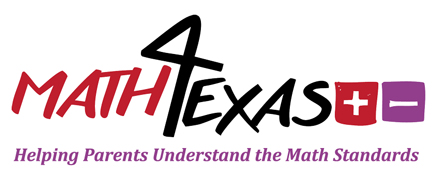T.i.P.S.
-
 This standard focuses on why it is important to have a positive credit history, and be able to explain the importance. For students, they may have trouble understanding why this could be so important. For example, “I don’t want to pay back more than I originally asked for, so I don’t ever want to have loans or credit cards”. This way of thinking raises a great point, no credit is not as favorable as good credit.
This standard focuses on why it is important to have a positive credit history, and be able to explain the importance. For students, they may have trouble understanding why this could be so important. For example, “I don’t want to pay back more than I originally asked for, so I don’t ever want to have loans or credit cards”. This way of thinking raises a great point, no credit is not as favorable as good credit.
Low interest rates on vehicles, mortgages, etc. go to those with good credit standing. Those with little to no credit are easily denied on that basis alone. Students should also understand that our needs and uses for money change as we grow. College graduates have a different need for credit and money than someone who is married with two children, paying for a house each month.
Example
-
Which of the following is NOT a way to establish positive credit? Justify your thinking for each statement.
- Paying the minimum amount on a credit card account each month
- Making mortgage payments on time
- Paying off an auto loan before it is due
- Making all purchases with cash
Digital Tools
-
Click on the following links for interactive games.
Resources
-
Click on the following links for more information.
TEKS
-
6.14 Personal financial literacy. The student applies mathematical process standards to develop an economic way of thinking and problem solving useful in one's life as a knowledgeable consumer and investor. The student is expected to:
(D) explain why it is important to establish a positive credit history





 Click
Click 

